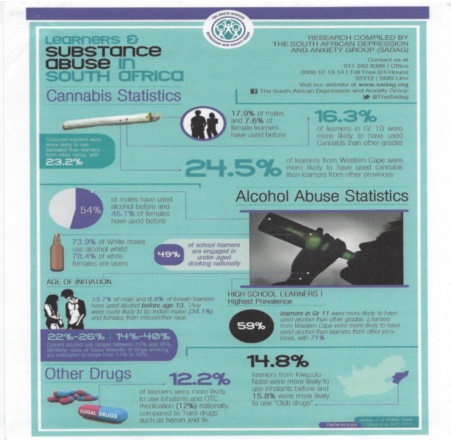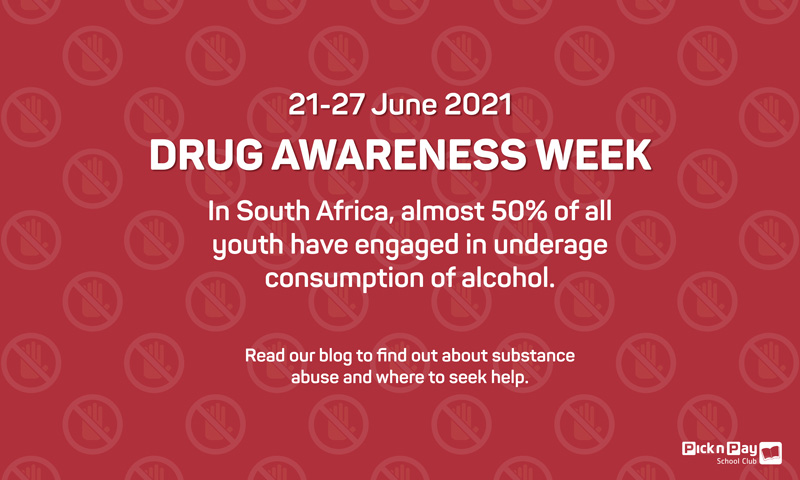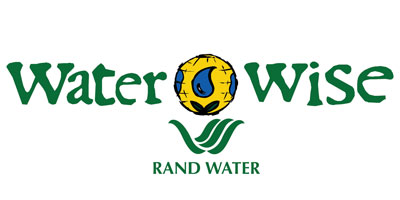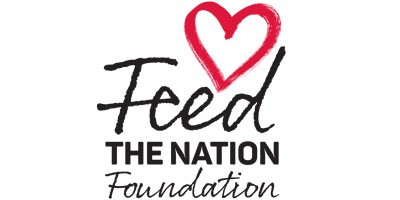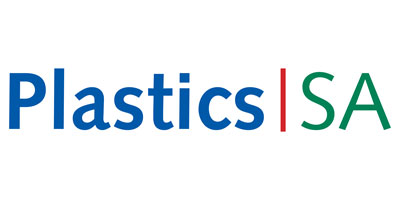The current COVID-19 pandemic has wreaked havoc and destruction across the world. The number of fatalities globally stands at more than 3 million cases. Thankfully, many countries have united to fight this pandemic. With the development and rollout of vaccines, the promotion of health has become a major priority. Unfortunately, the coronavirus is not the only global pandemic problem affecting the world. According to Ritchie and Roser (2019) “smoking, alcohol and illicit drug use kills 11.8 million people across the world per year.” Therefore, it is critically important for us to understand what is substance abuse and the significant impact it has on society.
What is Substance Abuse?
Substance abuse can be defined as the harmful and or excessive use of substances. Substances can be alcohol or drugs (legal or illegal drugs) such as opioids, stimulants, cannaboids, inhalants and hallucinogens. Substance abuse can lead to dependence which results in various forms of physical and mental instability.
In South Africa, almost 50% of all youth have engaged in underage consumption of alcohol. This is alarming because research has shown that people who start drinking before the age of 15 years are more likely to become alcoholics. Furthermore, the Youth Risk Behaviour Survey showed that cannabis was the most widely used drug amongst adolescents. The Central Drug Authority (CDA) reported that 15% of the South African population have a drug problem which has major implications on health, crime, relationships, academic studies, pregnancies, poverty and crime. However, access to treatment and rehabilitation for substance use disorders is fairly limited despite the high prevalence of these disorders.
So the critical question to ask is why do people take substances?
- As a form of socialisation. For example, it has become custom and practice for alcohol to be readily available at work and family functions.
- To relieve stress. Some people feel that alcohol or drugs may relieve their emotional and physical stress but they do not take into consideration that these substances can alter their mood, thoughts and behaviours.
- Increased peer pressure. There is a fair amount of pressure to fit in or to be popular with other people, even if this feeling is accompanied by anxiety or safety concerns.
- Low self-esteem. Very often people who consume substances on a regular basis feel unsupported and disliked. They may use substances as a form of avoidance or escapism.
- Following poor role models. There is the adage that ‘people do as you do and not as you say’. For example, if caregivers are telling their children not to drink alcohol but they themselves are using it on a regular basis, this becomes a major problem.
- As a coping mechanism. Many people who consume alcohol or drugs may have suffered severe trauma or loss and this has impacted on their ability to cope.
- The availability of substances. Easy access to substances without the requisite knowledge of its composition, health implications and societal impact, can be debilitating to the individual, their families and to their communities. It can begin with experimentation, which can lead to recreational usage, then to further regular usage until it leads to dependence and addiction. Red flags should be raised when you start thinking more about the substance and you use it even when it causes harm to you and others.
Thus to create awareness about this global problem, the world commemorates 26 June as the International Day against Drug Abuse and Illicit Trafficking. Each year the United Nations promotes a theme for the world to raise a unified approach to this global problem. This year the theme is based on the promotion of health, which includes both physical and mental health.
Furthermore, June is recognised as Youth Month in South Africa because 16 June is commemorated as National Youth Day. The youth needs to become more aware of the effects of substance abuse to ensure that they make informed decisions regarding their behaviours and choices.
The following are risks associated with substance usage?
- Learning disabilities such as concentration and memory problems
- Failure and dropping out of school, college or university
- Physical health problems such as heart disease, liver infection, hepatitis and cancer
- Psychomotor problems such as decreased motor reflexes, slurred speech and poor mobility
- Mental illnesses such as depression, bipolar mood disorder or schizophrenia
- Unplanned pregnancies and or babies born with foetal alcohol syndrome
- Risky behaviours such as reckless driving and sexually promiscuous behaviours
- Criminal activity such as being a victim of crime or engaging in crime such as assault, abuse, robbery or homicide
- Broken relationships either at home, work, school and places of worship
- Lack of support and trust which leads to isolation, anger and anxiety
In essence, substance abuse is a complex psycho-social issue with corresponding short-term and long-term health and social effects. It requires an integrated approach as listed in the National Drug Master Plan to effectively reduce this problem.
What are the proposed solutions?
- Host workshops, webinars and awareness programmes on the promotion of health
- Be informed of the dangers of substance abuse and spread the message
- Break the stigma and be a better role model
- Count the cost at all levels (emotionally, physically, mentally and financially)
- Encourage an empathetic environment. Offer support and solutions rather than criticism
- Efficient regulation of underage drinking and the accountability should be placed on parents and care-givers
- When you engage in legal substance usage you still need to have a safety plan
- Demand reduction strategies should be in full force and supported by all stakeholders
- You are important and self-care is vital
The following self-care tips to can be used to promote good physical and mental health:
- Live in the present – using all your senses (taste, smell, sight, sounds and touch)
- Exercise daily – find a rhythm that suits you (10 minutes)
- Engage in relaxation exercises (breathing exercises, meditation or yoga)
- Enjoy nature and the outdoors. For example, soak up the sun for 10 minutes
- Eat healthy foods (fruit, vegetables, nuts, etc.)
- Find a creative outlet (dancing, singing, drawing, reading, etc.)
- Organise your tasks and plan ahead
- Make positive social contacts
- Sleep well – follow a sleep pattern that works for you
- Regulate your behaviours and ask for help when needed
- Build your resilience by increasing your support structures
- Maintain a balance between work and home
Please note that the Department of Social Development in collaboration with the South African Depression and Anxiety Group provides free telephonic assistance and referrals. These services are available daily on a 24-hour basis and the number is 0800121314 or you can send a SMS to 32312 or a whatsapp message to 0768822775. You can also contact SANCA for advise on alcohol and drug testing, treatment and rehabilitation. SANCA National can be contacted by dialling 011-8923829 or send a whatsapp message to 0765351701. Other organisations that can offer valuable help and assistance are Alcoholics Anonymous (086 4357222), Narcotics Anonymous (0839006962) and Tough Love (0861868445). These organisations also run effective support groups throughout the country, to reduce the spread of substance abuse.
Article by: Anne Rajcoomar (Mental Health Counsellor)
Please note that the following infographic was sourced from the South African Depression and Anxiety Group.
